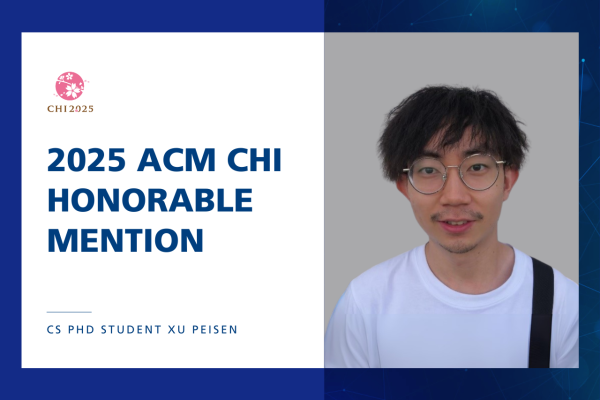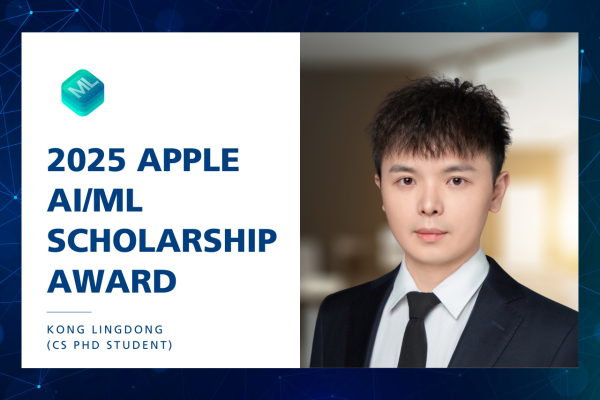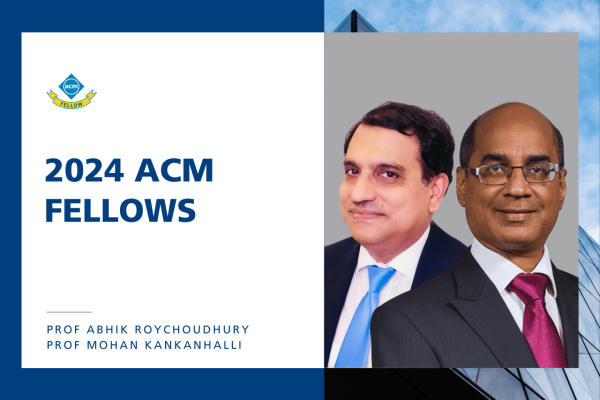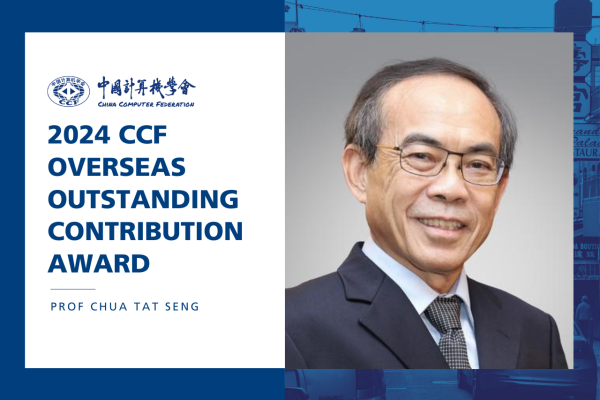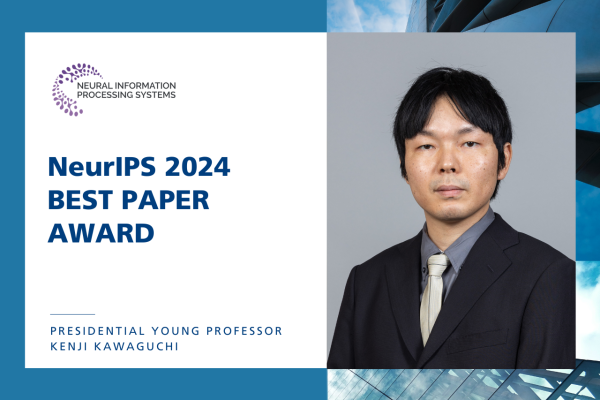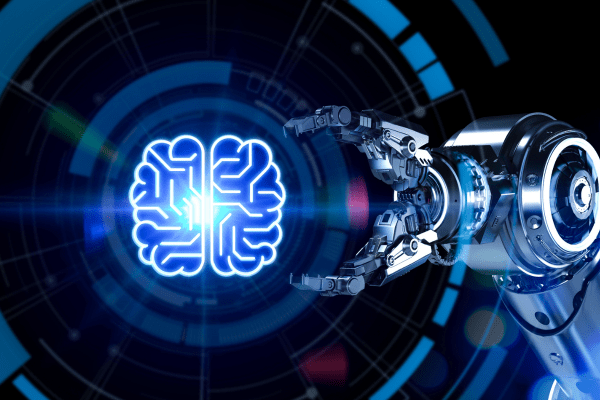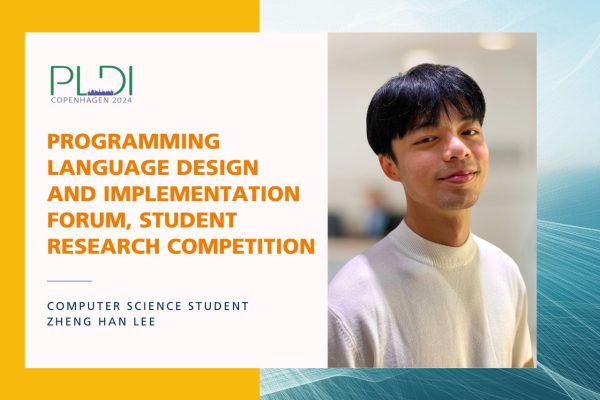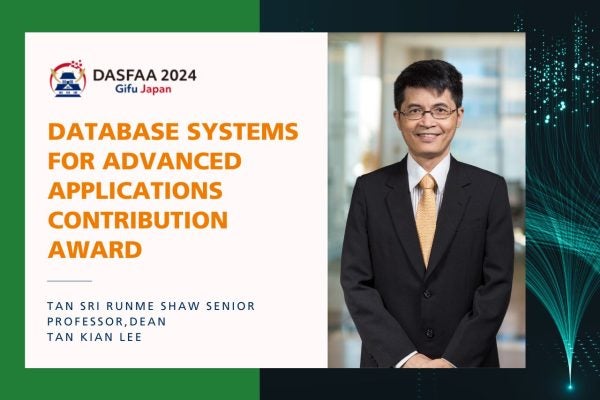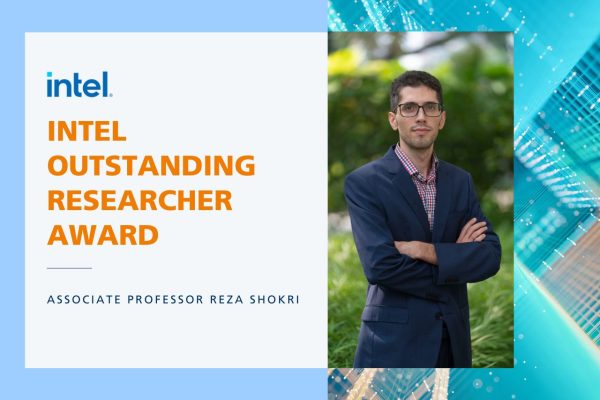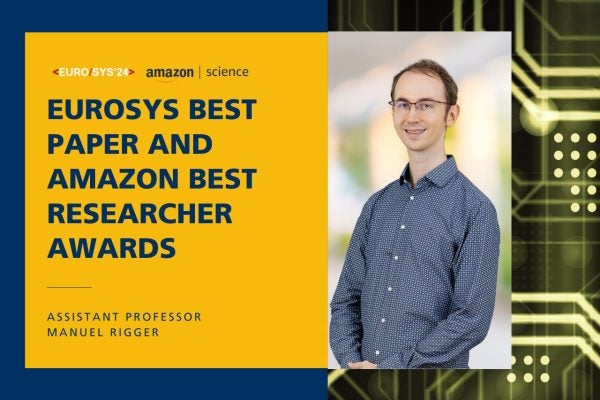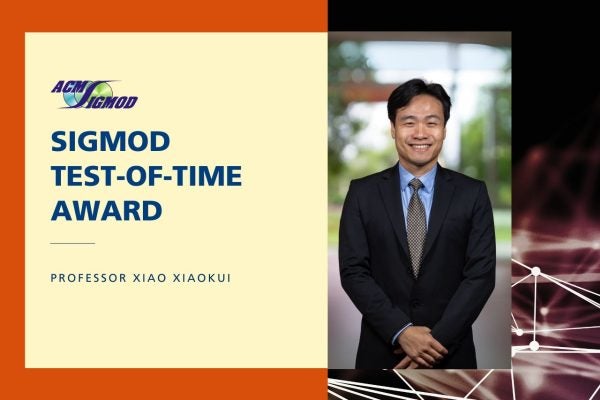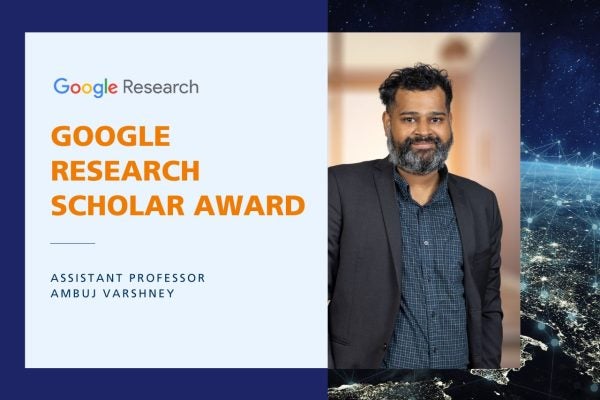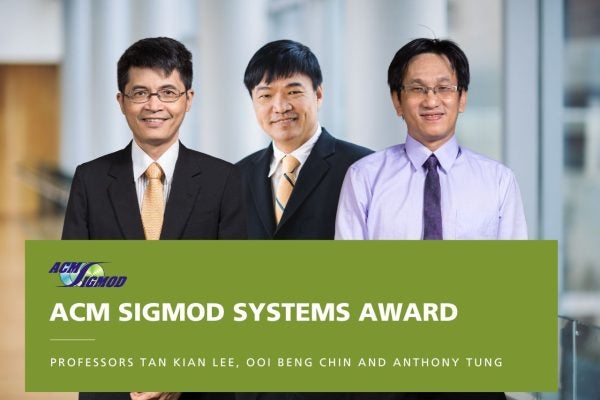Filtered by: Department of Computer Science
Despite the global rise in ransomware attacks, “the increase is not at an alarming rate”, Associate Professor Liang Zhenkai from the National University of Singapore’s department of computer science told CNA. “Ransomware has been around for many years, with a big surge during the COVID-19 pandemic due to the large-scale work from home arrangement,” he explained. He urged firms to remain vigilant, including by having good data backup and recovery as well as cyber hygiene processes. These include not downloading and running programmes from unknown sources, and not using accounts with administrator privileges for day-to-day tasks.
"Computer science is not just about AI," said Kan Min Yen, an associate professor of computer science at the National University of Singapore.
"Proper development and use of AI still require fundamental knowledge of software engineering, data management, and security, all tenets of a holistic computing education," he added.
While some may think that tools like GitHub Copilot will render them obsolete, Kan said such concerns may be overblown.
Software professionals, he said, could still add value by understanding the limitations of AI tools and how to troubleshoot them.
"You would go to a mechanic to fix a car and to someone who knows the math and training methods for large language modules to fix and diagnose problems with LLMs, such as ChatGPT," Kan explained.
Dr Sanka Rasnayaka, a lecturer from the department of computer science at the National University of Singapore’s School of Computing, cautioned against giving biometric data to private entities.
He noted that governments are held to higher standards in safeguarding biometric data and maintaining transparency about its use.
Dr Rasnayaka, who researches biometrics and artificial intelligence, said biometrics can be misused for identity theft, surveillance and discrimination, as it reveals information such as a person’s age, race, gender and even certain medical conditions.
In a data leak or breach involving personal biometric data, the effects might be irreversible if bad actors get their hands on the information.
“Criminals could use stolen biometric data to impersonate victims on platforms that rely on biometric identity, such as banks and government services,” he said. “Biometric data cannot be changed, making any breach potentially lifelong.”
The “Emerging Rockstar” segment in IEEE Pervasive Computing highlights rising stars in the field of pervasive computing through captivating interviews. In the series’ inaugural article, Dr. Lakmal Meegahapola, a member of IEEE Pervasive Computing's editorial board, conducts an interview with Dr. Jingxian Wang, an Assistant Professor at the National University of Singapore.
Professor Anthony Tung explores the topic of deepfake scams, their prevalence and how ordinary people can identify and prevent themselves from being deceived by them.
-
Computing 1
13 Computing Drive
Singapore 117417
© National University of Singapore. All Rights Reserved. • Legal • Branding guidelines

